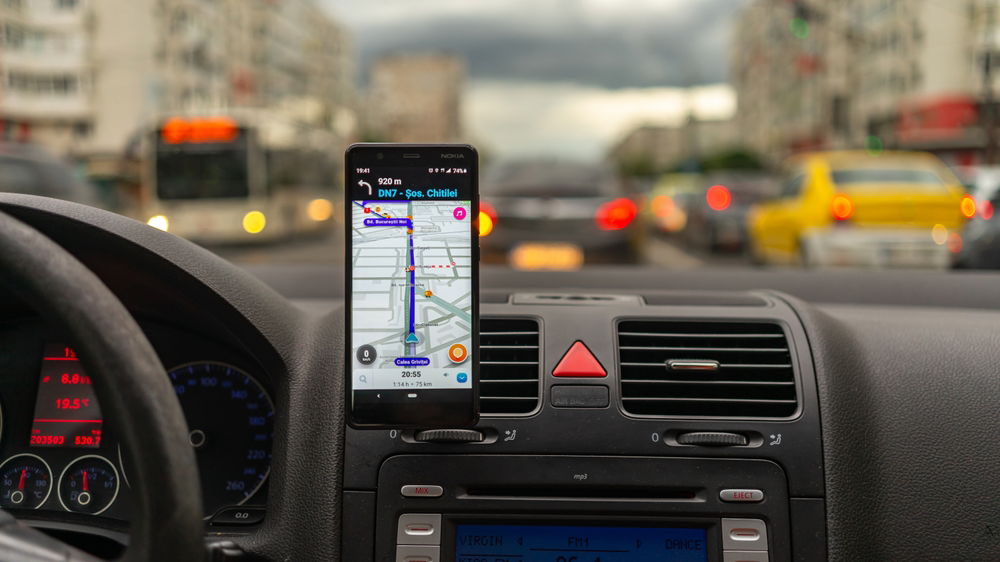Google Maps and Waze may soon block speed radar alerts in Spain | Photo: Vlad Ispas/Shutterstock
Picture yourself cruising down a sunny Spanish highway, Waze chirping about a speed trap just around the bend. Handy, right? Not if Spain’s General Directorate of Traffic (DGT) gets its way. For years, the DGT has been gunning for apps like Waze and Google Maps, itching to block their ability to warn drivers about speed radars and police checkpoints.
The DGT already contemplates fines between 3,000 euros and 20,000 euros for those caught using Telegram or WhatsApp chat groups to notify others or inform themselves of where police speed radars are. According to recent news reports, many users have abandoned these groups for fear of being fined.
Spain aims to block speed radar alert apps
Unlike the rest of Europe, Spain is the only country seriously considering this move, and it’s stirring up a storm. These apps have been drivers’ sidekicks since 2014, when Waze and SocialDrive exploded with real-time alerts about fixed and mobile radars. Google Maps jumped on board soon after, using crowd-sourced pings to flag everything from speed cams to roadblocks.
Most Read on Euro Weekly News
The DGT, though, sees trouble. “You don’t know who you’re warning,” they argue, pointing out that these alerts could tip off drunk drivers or fugitives dodging drug busts.
In 2020, DGT boss Pere Navarro laid it bare: he wants to “limit or hinder” these apps, eyeing France’s playbook.
A 2012 law bans apps from pinpointing mobile radars or police stops, forcing Waze to vaguely mark “danger zones” instead of exact spots.
Spain’s push stands alone in Europe, where countries like Germany and Italy let these apps run free. The DGT’s gripe isn’t with fixed radars—those are public knowledge, listed on their own website.
They want the mobile ones, shuffled around by the Civil Guard, shielded. Sharing their precise locations is already a punishable offence, costing 200 euros.
But the DGT wants more: a full-on ban on app alerts, modelled after France’s strict code.
The clampdown on WhatsApp groups
They’ve even cracked down on WhatsApp and Telegram groups, on admins for sharing checkpoint tips, citing an old anti-terrorism law.
The apps aren’t going down without a fight. Waze, owned by Google since 2013, thrives on its community of drivers swapping updates. Google Maps, meanwhile, marks fixed radars in yellow and mobile ones in blue, pulling from DGT’s own data and user reports.
Both are legal for now, but the DGT dreams of a Traffic Law tweak to clamp down. They’ve got new tricks up their sleeve too: “radar carts,” laser-powered mobile units that can be whisked away before apps catch on, rendering alerts useless.
Drivers are caught in the middle. Some call the DGT’s plan overreach, arguing radar warnings promote safer driving.
Others, like Navarro, insist it’s about saving lives, not just catching speeders. As Spain pushes to be Europe’s outlier, one thing’s clear: your trusty Waze ping might not last much longer.
